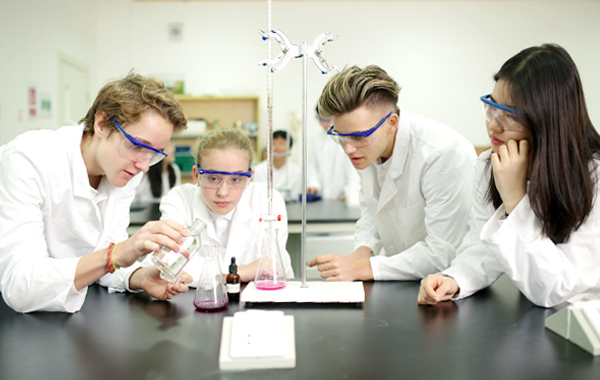
The government has announced more than £74 million in fresh backing for some of the UK’s most ambitious life sciences projects, ranging from robotic medicine manufacturing to turning
spent nuclear fuel into next-generation cancer treatments.
The funding package, unveiled on Tuesday to mark London Life Sciences Week, is designed to accelerate innovation in a sector ministers say is central to both economic growth and national wellbeing. The UK’s life sciences industry generates £150 billion in annual turnover and supports more than 300,000 jobs.
Under the plans, more than £54 million will be channelled into eight R&D projects through the Sustainable Medicines Manufacturing Innovation Programme, a government–industry partnership funded by the VPAG Investment Programme and delivered by Innovate UK. Industry partners are providing a further £20 million.
The projects aim to make medicine production cleaner, greener and more efficient. Areas of focus include recycling anaesthetic gases to reduce costs and environmental impact, using AI and robotics to cut manufacturing waste, and converting spent nuclear fuel from UK reactors into cancer radiotherapies.
Separately, the Medicines and Healthcare products Regulatory Agency (MHRA) will receive nearly £1 million from the Engineering Biology Sandbox Fund to examine regulatory hurdles around engineered bacteriophages—viruses designed to target drug-resistant bacteria. The work, carried out with five regulatory agencies and the UK Health Security Agency, is intended to ensure rules keep pace with emerging technologies.
Science and Technology Secretary Liz Kendall said the sector is “a core part of our Industrial Strategy”, underpinning economic renewal and advances in healthcare. Business and Trade Secretary Peter Kyle described life sciences as “one of our greatest national assets”, while Health Minister Dr Zubir Ahmed said Britain must pair scientific ingenuity with NHS strength to remain a global leader.
The announcements coincide with a broader push to attract investment into UK life sciences. The British Business Bank confirmed a €30 million commitment to Sofinnova Capital XI, a €637 million European venture fund backing early-stage biopharma and medtech companies. It follows £435 million already committed to 13 life sciences funds.
In London, Barts Health NHS Trust unveiled plans for an £800 million life sciences cluster in Whitechapel, developed with private investors BGO, H.I.G. Capital and Lateral, and supported by university partners. The cluster is intended to strengthen the capital’s status as a global hub, following a strong year in which London-based life sciences firms secured £1.6 billion in venture capital—over triple the amount raised in Paris.
With life sciences named as one of the government’s eight priority sectors in its Industrial Strategy, ministers say the latest measures reinforce the UK’s position as Europe’s leading destination for life sciences innovation and investment. Photo by TCchengdu, Wikimedia commons.


































